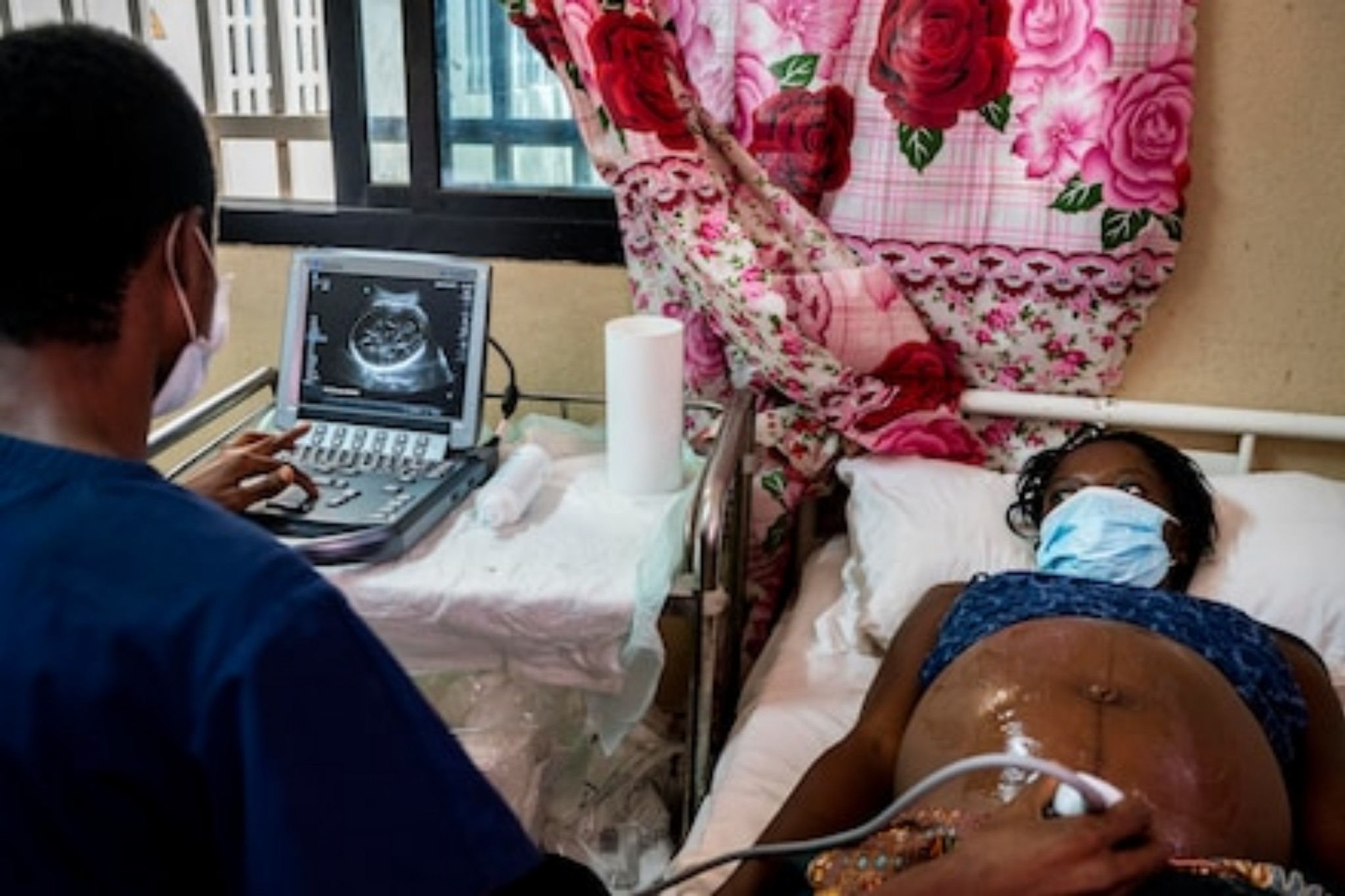One in 20 women in Sierra Leone die as a result of pregnancy or childbirth, according to the latest United Nations estimate, most often from losing blood.
Sierra Leone has consistently ranked as one of the deadliest places on Earth to have a baby, only South Sudan and Chad count higher mortality rates.
“Practically every death is preventable, but a decade of civil war destroyed much of the health system before the deadliest Ebola epidemic on record killed 7 percent of medical workers. Almost a third of the health budget comes from foreign aid, and the top donor plans to halt funding for a program that doctors say is critical to saving lives,” Daniella Paquette stated in report for the Washington Post.
Chronic blood shortages add to the plight. Before the coronavirus era, countries across Africa collected just half of what they needed for urgent transfusions, the World Health Organization said. Then donations plummeted by 17 percent.

“To be pregnant in Sierra Leone is to be at the mercy of resource-strapped institutions and the global trends shaping them. Survival is too often up to luck. Luck that a nurse or physician is nearby. Luck that the government is paying them. Luck that personnel aren’t charging for care that should be free. Luck that medicine is stocked. Luck that the blood bank has reserves,” Paquette noted.
Sierra Leone’s 8.3 million population remains at the extreme end of a regional trend. Sub-Saharan Africa accounts for 66 percent of all maternal deaths in the world. Researchers point to the fact that fewer women give birth in a health facility in West and Central Africa than anywhere else, at 60 percent, well below the global average of 83 percent.

The Washington Post reports that, “Showing up doesn’t always mean getting help: Sierra Leone has reported a persistent dearth of health workers, and access to blood is widely unreliable. Abortion is illegal and frequently performed without medical supervision. Health officials estimate that unsafe abortions cause between three and four percent of the nation’s maternal deaths.
The number of women dying is “still too high,” said the health minister, Austin Demby. “It’s still unacceptably high.”
Cost was one of the top obstacles deterring pregnant women from medical professionals. So in 2010, the country removed fees for their doctor visits and drugs under the Free Health Care Initiative.
The new program drove major progress. The share of women giving birth at a health facility in Sierra Leone jumped from 25 percent in 2008 to 54 percent in 2013 to 83 percent in 2019, national statistics show.

Then came the pandemic. Foreign aid worldwide shifted from old emergencies to new. Britain, the key backer of Free Health Care for years, told Sierra Leone’s Health Ministry the support had to end.
Extending the funds over the long term became unsustainable, said a British development official, speaking on the condition of anonymity to discuss sensitive matters to the Washington Post.
The aid is now guaranteed only through September.
“It’s a life saver,” Demby said of Free Health Care. “The government is trying our very best to maintain it, but it’s getting a lot more difficult. The funding side of this is precarious. The value, and the need for it, is inordinate.”



 Post a comment
Post a comment









Comment(s)
Disclaimer: Comments expressed here do not reflect the opinions of Sierraloaded or any employee thereof.
Be the first to comment